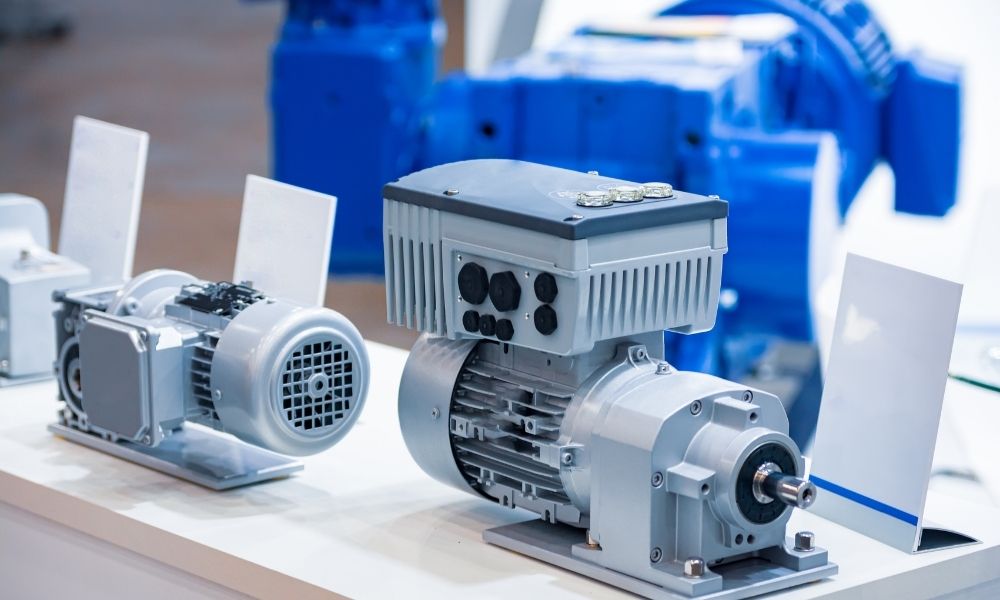Are you looking for a reliable way to convert power to another frequency? If so, you’ve likely been reading up on frequency converters. One common kind of frequency converter is the rotary frequency converter. But what is a rotary frequency converter, exactly? What differentiates it from other kinds of converters? And how does it work?
To know if you need one of these converters or not, you first need to understand how rotary frequency converters work and what their benefits are. For that reason, we’ve compiled what you need to know about them.
What Are Rotary Frequency Converters?
A frequency converter is a device that converts power from one frequency to another. There are two main kinds of frequency converters: rotary and solid state. Both perform the same function, but they do so by using differing methods. In this brief guide, we’ll explain what you need to know about rotary frequency converters and how they work.
How Does a Frequency Converter Work?
So, how do rotary frequency converters work? Rotary converters consist of a few key parts. The most crucial are the motor and generator, which are coupled via one of a few choice methods. Most are directly coupled or coupled via belts and sheaves. Though rarer, some converters feature motors and generators connected via a gear box.
A rotary frequency converter works by converting input AC power into rotary mechanical power— meaning, the input power spins a motor. This motor transmits its power to the generator, which converts the mechanical power into the required AC output power.
What Are They Used For?
Rotary frequency converters are primarily used to alter the frequency of machines bought overseas. Because of utility frequency standards that vary from country to country, these machines may not match the standard of the user’s country. Converting them to the proper frequency ensures they operate at full efficiency.
The Benefits of Rotary Frequency Converters
Rotary converters are best used for large applications (10 kVa or more). While slightly harder to install and more maintenance-intensive than solid state converters, rotary converters have numerous benefits. They’re easy to troubleshoot and repair. They work well with heavy loads and are flexible in the kinds of loads they can handle. They also create minimal harmonic distortion and environmental objections.
If you’re looking for a rotary 50hz to 60hz power converter, Visicomm Industries has the state-of-the-art units you need. Contact us today to learn more about our units and get help selecting the best unit for your application.
